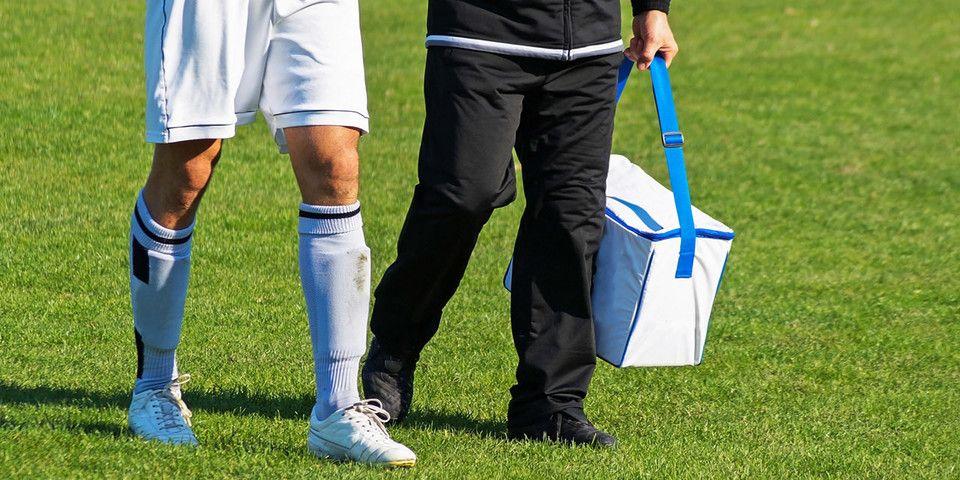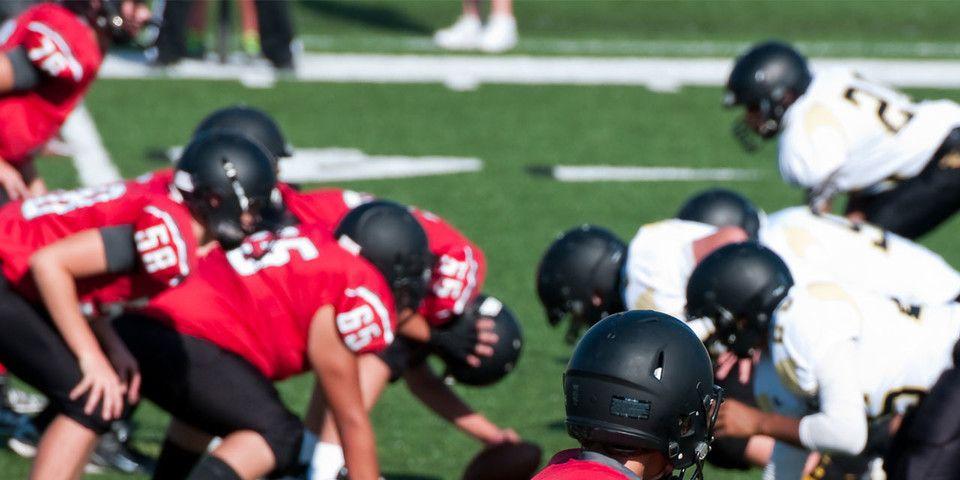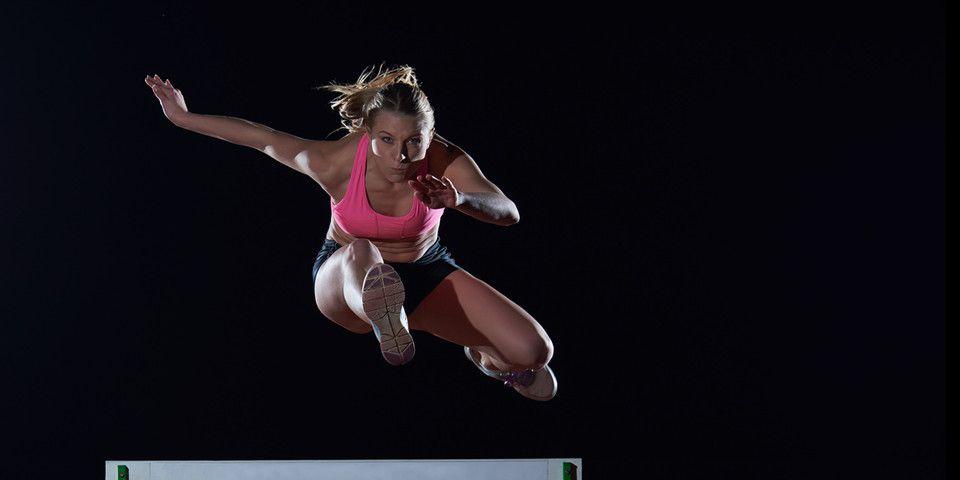Rothman Orthopaedic Institute specializes in sports medicine for wrestling athletes.
The level of awareness regarding orthopaedic wrestling injuries is relatively low considering the high number of injuries that these athletes suffer. Issues such as concussion and severe blood accumulations in the ear (cauliflower ear) are commonly associated with wrestling. These injuries are indeed serious concerns, but far from the only ones. And now that we're in the thick of wrestling season, gaining awareness on these common injuries is critical to understand how to prevent them or deal with them should they occur.
At Rothman Orthopaedic Institute, our Sports Medicine specialists have extensive experience treating wrestling injuries. We are familiar with the specific patterns of wrestling injuries compared to other sports and the particular orthopaedic injuries that athletes are most likely to experience.
Learn more about the most common wrestling injuries below and recommended methods for preventing them.
1. Knee Ligament Sprains and Tears
The physical stress of wrestling, along with the frequent tendency of wrestlers to bend their bodies into abnormal positions, makes sprains and tears of the ligaments of the knee a serious and persistent risk. Two of the most common ligament injuries experienced by wrestlers include anterior cruciate ligament (ACL) tears and sprains of the medial collateral ligament (MCL.)
To prevent knee ligament injuries, it is recommended that wrestlers participate in targeted strength-training exercises to increase the durability of ligaments and other connective tissues. Stretching before and after activity to loosen ligaments is likewise advised.
2. Prepatellar Bursitis of the Patella
When trauma, gradual wear, or overuse cause the bursa sac in the front of the patella (kneecap) to swell, a condition known as prepatellar bursitis can occur. The stress of weight-bearing and traumatic impacts on the knees during wrestling activities makes wrestlers especially prone to this form of bursitis, which can cause symptoms of sharp pain and swelling.
To prevent the onset of prepatellar bursitis, it is recommended that wrestlers use knee pads to absorb impact to the front of the patella. If swelling or inflammation has begun to affect the patella, rest, icing, compression, elevation, and anti-inflammatory medications are recommended.
3. Shoulder Dislocations
Impact with the mat, restrictive holds, and twists of the arms and torso all may cause dislocation of the shoulder to occur during wrestling. Shoulders may sublux (the humeral head is partially removed from the shoulder socket) or dislocate (the humeral head is fully removedfrom the socket.) Connective tendons and ligaments may likewise be damaged or torn in a shoulder dislocation injury.
To prevent dislocations from occurring, flexibility and strength training are necessary. Stretching and weight lifting can help to decrease these injuries.
4. Ankle Sprains
Wrestlers' bodies are constantly contorting in ways they don't naturally move. Their feet keep them upright, with the ankle stabilizing them. So it's common for the ankle to give way and twist, causing an injury. A sprain means there is damage to the soft tissue, or the ligaments, arround the ankle. The most typical sprain is an inversion injury, where the ankle is twisted inwards.
There are several different "degrees" of ankle sprains based on how bad the injury is.
- First Degree: Damage to a few ligament fibers
- Second Degree: Extensive damage to ligament
- Third Degree: Complete rupture of the ligament with swelling and a possible joint dislocation
The first sign of a sprain will be swelling, while a more serious sprain will produce bruising. Control the swelling with ice, rest and elevation. Once the swelling goes down and walking is more comfortable, the sprain is beginning to heal.
Wrestlers should stretch their ankles before a match in order to promote flexibility within the ligaments.
These are just a few of the many serious orthopaedic wrestling injuries athletes commonly experience. Others may include fractures, concussions, muscle strains, and shoulder separations.
If you have experienced any of these or other wrestling injuries, contact the specialists at Rothman Orthopaedic Institute today for the best, most effective orthopaedic care available. With specialists trained in sports medicine, Rothman Orthopaedic Institute will provide you with the treatments, recovery plans, and follow-up care needed to successfully return you to your athletic activities. To learn more, visit us here or contact us at 1-800-321-9999.
Related Specialties
Related Physicians
Related Conditions
Related Treatments
Related Services
Related Programs
-

Athletic Training- Sport Medicine Outreach
Our Field Athletic Trainers provide direct sports medicine care to youth, high school, college and professional athletes. Rothman AT’s provide athletic training services throughout Southeastern PA and NJ to interscholastic high schools, colleges, as well as tournaments and special events.Read More -

Injury Prevention Program
The Injury Prevention Program at the Rothman Orthopaedic Institute is dedicated to the prevention of injuries from athletic participation, particularly youth sports.Read More -

Sports Concussion Program
Concussion care is a special focus of Rothman's sports medicine program. We've developed the most advanced multi-disciplinary evaluation and treatment techniques based on research done by the concussion specialists here at Rothman Orthopaedic Institute.Read More -

Women’s Sports Medicine Program
The Women’s Sports Medicine Program at the Rothman Orthopaedic Institute is the first of its kind in the Philadelphia metro area and one of only several such programs specializing in the comprehensive care of the female athlete in the country.Read More





